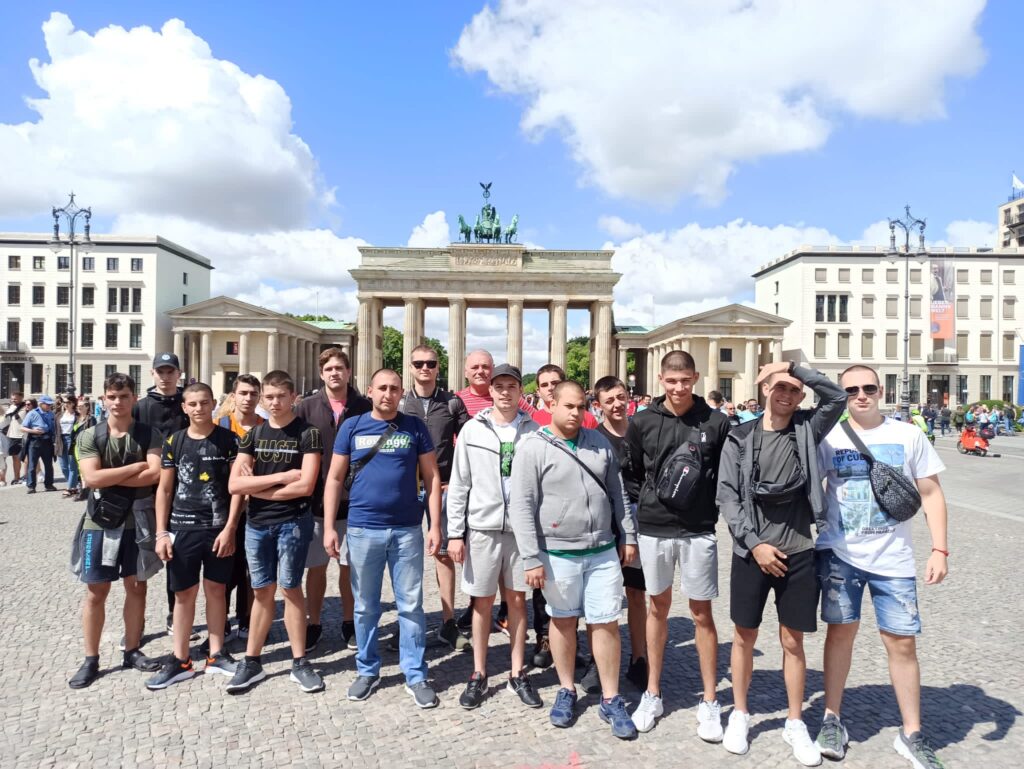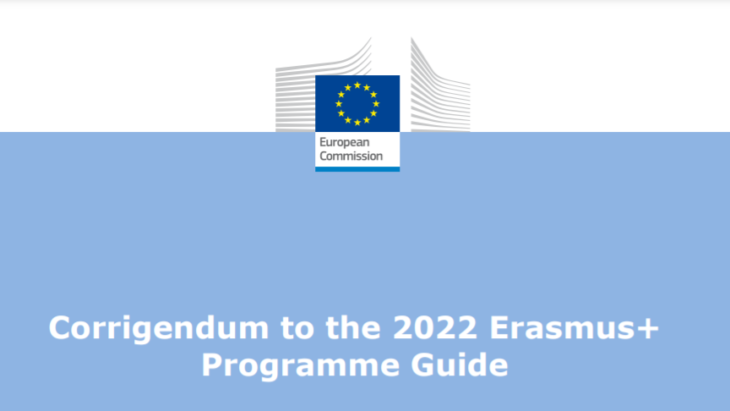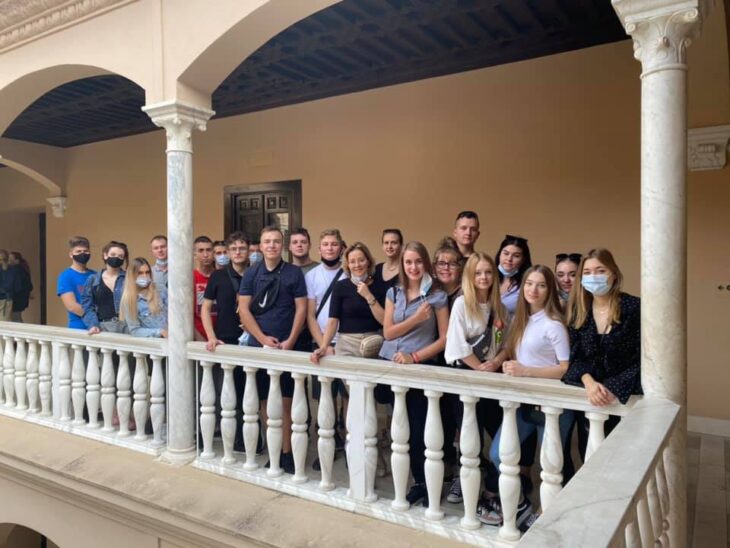13 students from the Vocational school of transport “Prof. Tsvetan Lazarov” in Pleven, Bulgaria have become a shining example of the drive to understand and integrate advanced technology into modern educational systems. They completed a project of transformation and mind changing in Berlin as part of their involvement in the Erasmus+ mobility programme. This initiative titled “THE DIGITAL WORLD OF THE CAR – ELECTRIFICATION AND DIGITALIZATION” (Project № 2021-1-BG01-KA122-VET-000030895) was coordinated in partnership with Berlink ETN GMBH, an ETN Germany agency.
During the two-week mobility period, between 10 July and 25 July 2022, these ambitious students gained crucial real-working experience in 6 different car workshops in Berlin. Here, they learned the intricate details of diagnosing, repairing, and servicing electric and hybrid vehicles – a hands-on introduction to the world of the vehicle electrification and digitalization.
The students were not limited to the technical aspects of the automotive industry. The project also aimed to foster their key competencies and soft skills, while improving their language competencies and intercultural interaction, all invaluable components in today’s global economy. This was further facilitated by the rich cultural programme organised by Berlink.
The monitoring and validation of the students’ knowledge and skills was carried out by the accompanying teachers from the vocational school and the host partner in Germany, using the tools of the European Credit System for Vocational Education and Training (ECVET) and the EUROPASS certificate, the European standard for describing skills and qualifications.
The fruits of this educational journey have been numerous. By immersing themselves in a real working environment, the students not only gained professional competence, but also get acquainted with the latest automotive technologies. They had the opportunity to develop their entrepreneurial and social skills, which could serve as a steppingstone to starting their own businesses in the automotive service sector.
Moreover, the experience gained gives students self-confidence and ambition, thus facilitating their transition to the labour market. The international experience further enriched their understanding of other cultures, facilitated by language acquisition.
The long-term impact of this mobility is particularly significant. The introduction of dual education at the Vocational school of transport in Pleven and the implementation of new curricula focused on electric vehicles were launched. The successful completion of the project sparked increased interest from businesses in the Transport sector, with several students receiving job offers and invitations to continue their studies after graduation.
This innovative initiative is a testament to the effectiveness of incorporating emerging technologies into education. Artificial intelligence, robotics, coding, programming, and virtual reality are no longer the future – they’re here, and they’re increasingly becoming integral part of learning and development.
The “Digital World of the Car” project has shown that when we give students the right tools and opportunities, they can exceed our expectations and transform not only their future, but also contribute meaningfully to their chosen field. The enthusiasm and determination shown by these Bulgarian students is truly an inspiration that highlights the untapped potential of our youth to drive technological innovation forward.
This project has undeniably proved that with a hands-on, engaging approach to learning, combined with the introduction of digital skills and technological innovation, we can redefine education and prepare students up for long-lasting success in their future careers. The world is becoming increasingly digital – and these Bulgarian students are ready for it.


























